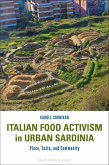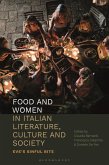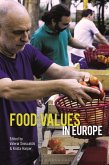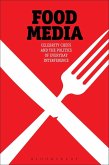Throughout time and in every culture, human beings have eaten together. Commensality - eating and drinking at the same table - is a fundamental social activity, which creates and cements relationships. It also sets boundaries, including or excluding people according to a set of criteria defined by the society. Particular scholarly attention has been paid to banquets and feasts, often hosted for religious, ritualistic or political purposes, but few studies have considered everyday commensality.
Commensality: From Everyday Food to Feast offers an insight into this social practice in all its forms, from the most basic and mundane meals to the grandest occasions. Bringing together insights from anthropologists, archaeologists and historians, this volume offers a vast historical scope, ranging from the Late Neolithic period (6th millennium BC), through the Middle Ages, to the present day. The sixteen chapters include case studies from across the world, including the USA, Bolivia, China, Southeast Asia, Iran, Turkey, Portugal, Denmark and the UK. Connecting these diverse analyses is an understanding of commensality's role as a social and political tool, integral to the formation of personal and national identities.
From first experiences of commensality in the sharing of food between a mother and child, to the inaugural dinner of the American president, this collection of essays celebrates the variety of human life and society.
Commensality: From Everyday Food to Feast offers an insight into this social practice in all its forms, from the most basic and mundane meals to the grandest occasions. Bringing together insights from anthropologists, archaeologists and historians, this volume offers a vast historical scope, ranging from the Late Neolithic period (6th millennium BC), through the Middle Ages, to the present day. The sixteen chapters include case studies from across the world, including the USA, Bolivia, China, Southeast Asia, Iran, Turkey, Portugal, Denmark and the UK. Connecting these diverse analyses is an understanding of commensality's role as a social and political tool, integral to the formation of personal and national identities.
From first experiences of commensality in the sharing of food between a mother and child, to the inaugural dinner of the American president, this collection of essays celebrates the variety of human life and society.









